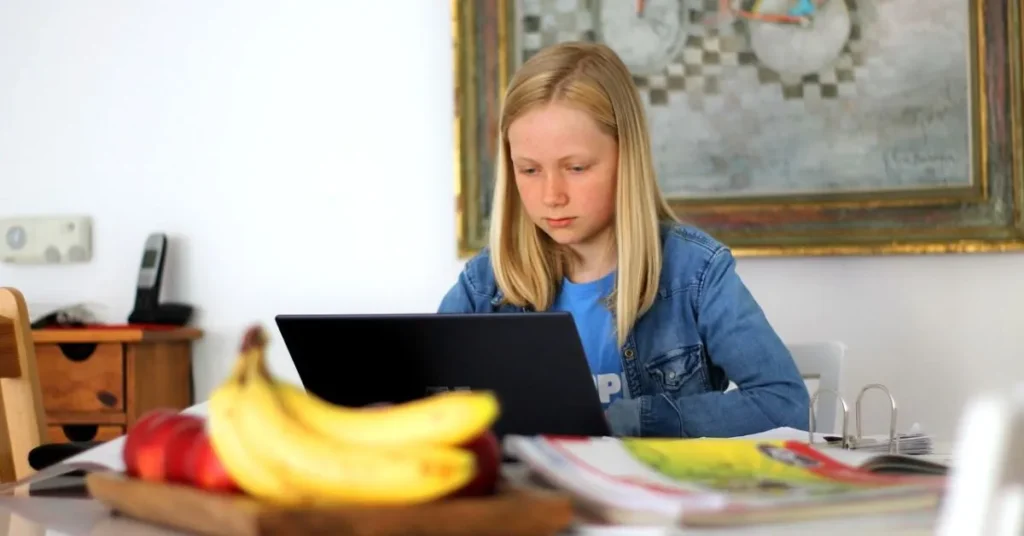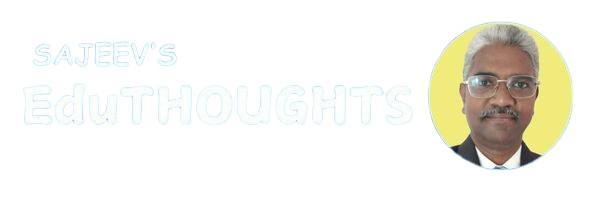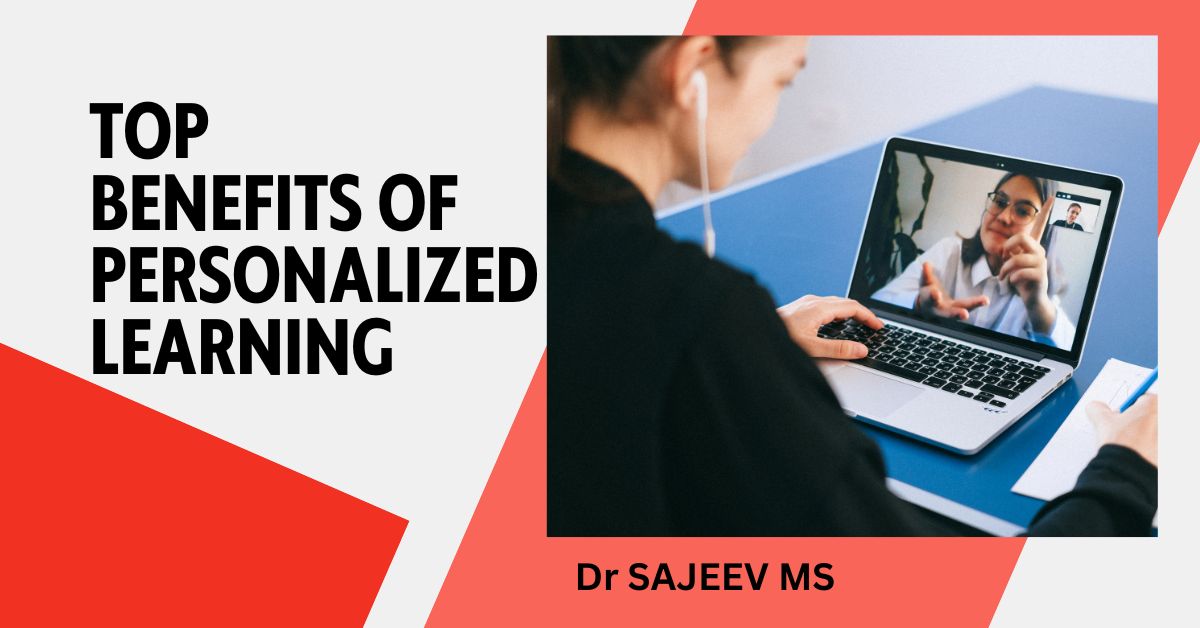What is Personalized Learning?
Personalized learning is an educational strategy that seeks to tailor learning to each student’s unique strengths, needs, skills, and interests. It has been found to improve learning outcomes such as retention rates and assessment performance. Students are more engaged and motivated, and the content is more relevant to their needs and talents. Schools, teachers, guidance counsellors, and other educational specialists may use various educational methods to achieve this goal.
Student-Centered Learning and Online Programs
Student-centred learning is another term for personalized learning. Online schools and businesses are increasingly using the phrase personalized learning for online learning programs. It may take the form of “blended learning,” or the technique of teaching students utilizing both online and in-person learning experiences. It is a tried-and-true method for improving learning outcomes in educational organizations.
Innovative Approach to Education
Personalized learning is an innovative educational technique that tailors lessons to the requirements, interests, and learning styles of individual students. It encourages flexibility, autonomy, and self-paced growth by letting students study subjects at their own pace, resulting in deeper knowledge and retention.

How Personalized Learning Works
Personalized learning optimizes the learning experience by utilizing adaptive technologies, data analysis, and instructor assistance to maximize each student’s potential. It promotes critical thinking, problem-solving, and creativity while effectively addressing learning gaps. It empowers students to take responsibility for their education by encouraging ownership of learning, which increases motivation and engagement. Finally, personalized learning transforms education into a dynamic, student-centered experience that prepares students for success in a rapidly changing world.
Importance of Personalized Learning
Personalized learning is extremely important since it revolutionizes education by catering to the individual demands of each learner. It maximizes learning results and student engagement by adapting instruction, material, and pace to individual capacities. This technique stimulates critical thinking, fosters a lifetime love of learning, and fosters a deeper comprehension of subjects. It tackles learning gaps by allowing struggling students to catch up while encouraging advanced learners to perform even better.
Personalized learning fosters student autonomy, self-directed learning, and problem-solving abilities, which are critical for success in today’s workforce. Finally, it prepares students to succeed in a varied and fast-changing world by empowering them to attain their greatest potential.

Benefits of Personalized Learning
1. Ensures Better Outcomes
This method of instruction gives materials to students that are relevant, engaging, remembered, and actionable. Students who are more involved and driven are more likely to achieve better than usual. Students will be more likely to spend more time learning and attempting to understand new concepts, which will undoubtedly result in higher results.
2. Enhances Student Engagement
Personalized learning keeps pupils interested for significantly longer periods. Students are more likely to recall and interact with knowledge that is relevant to their present role, area of work, or projects. It produces dynamic classrooms that foster both personal growth and academic accomplishment. Learning should be more engaged by relevant and individualized content.
3. Students Are Free to Move at Their Own Pace
One of the key benefits of personalized learning is the ability for students to learn at their own speed. This allows each student to study more about the subject in which they excel and to take their time where they struggle.
4. Improves Knowledge Retention
When content is based on prior experience, the learner will retain that information for far longer. In this approach, the learner will be able to recall material more easily by connecting it to prior knowledge.
5. Enhanced Motivation
Learning is relevant to the students. This strategy will enhance motivation for students because learning is based on their career or goals.
Conclusion
The goal of the modern approach of personalized learning is to foster an educational process, which is focused on the individual peculiarities of the learner. It benefits from teaching and learning by changing content, speed, and technique hence promoting more effective learning. It is a strategy that fosters self-responsibility in the learning process together with innovation, creativity and independence which are important skills in today’s society.
Differentiated instruction not only caters for the needs of individual students but also fosters life-long learning. It ensures the student achieves his / her potential. It is therefore with social change in mind that embracing personal learning can foster innovation and student-centered approaches to learning that would in turn equip the learners to fully transform to fit the ever-emerging global learning environments.
You may like to read:-
Social-Emotional Learning for Academic and Emotional Growth



